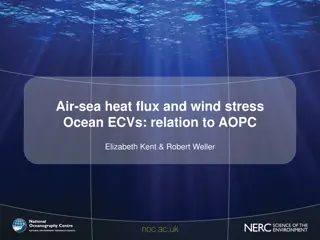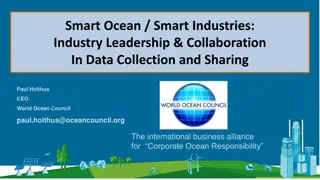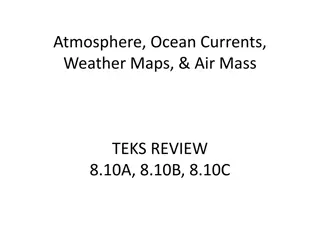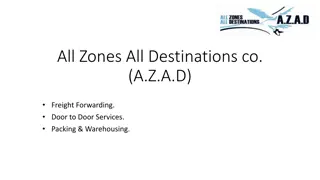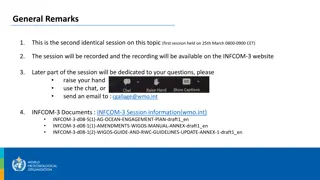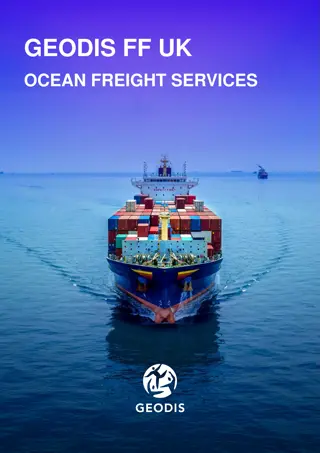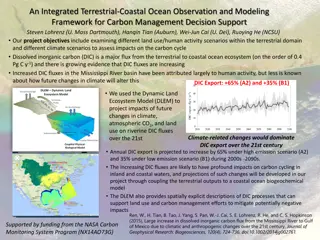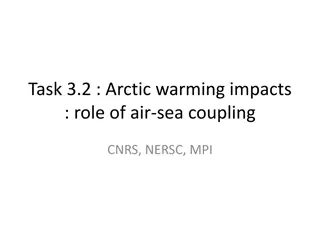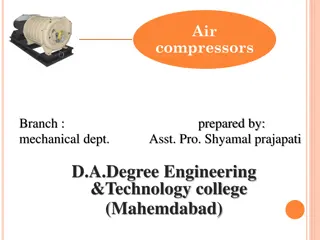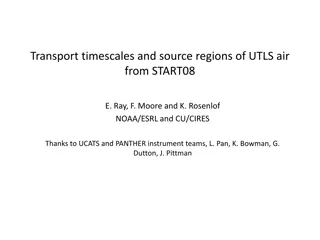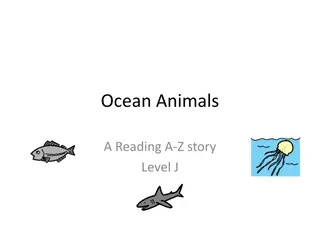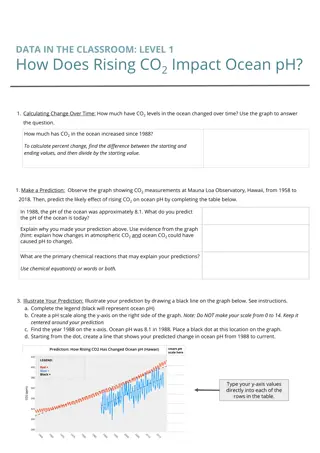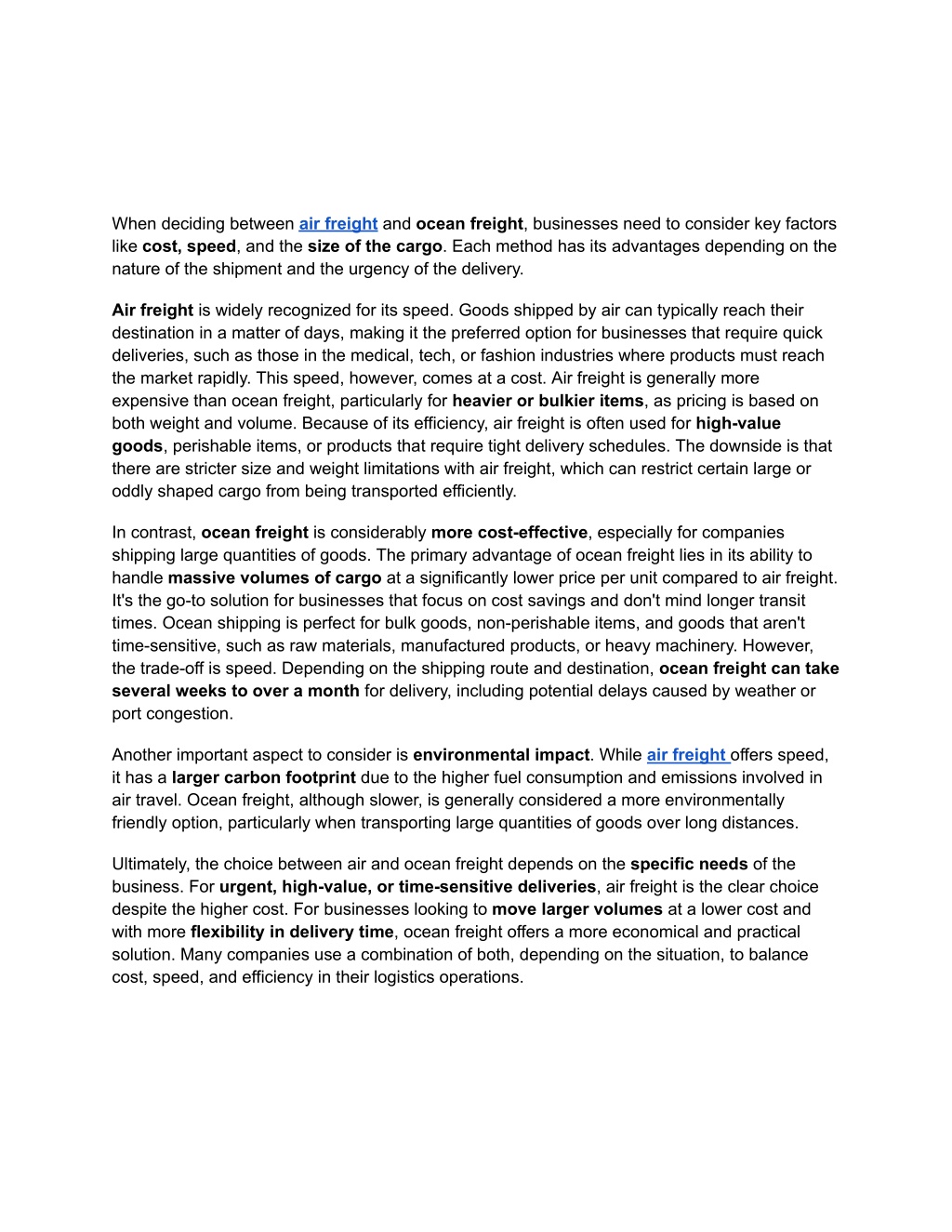
Air Freight Vs Ocean Freight
When choosing between air freight and ocean freight, the decision often comes down to cost, speed, and cargo size. Air freight is much faster, typically delivering goods in a few days, making it ideal for time-sensitive shipments. However, it tends t
Download Presentation

Please find below an Image/Link to download the presentation.
The content on the website is provided AS IS for your information and personal use only. It may not be sold, licensed, or shared on other websites without obtaining consent from the author. Download presentation by click this link. If you encounter any issues during the download, it is possible that the publisher has removed the file from their server.
E N D
Presentation Transcript
When deciding between air freight and ocean freight, businesses need to consider key factors like cost, speed, and the size of the cargo. Each method has its advantages depending on the nature of the shipment and the urgency of the delivery. Air freight is widely recognized for its speed. Goods shipped by air can typically reach their destination in a matter of days, making it the preferred option for businesses that require quick deliveries, such as those in the medical, tech, or fashion industries where products must reach the market rapidly. This speed, however, comes at a cost. Air freight is generally more expensive than ocean freight, particularly for heavier or bulkier items, as pricing is based on both weight and volume. Because of its efficiency, air freight is often used for high-value goods, perishable items, or products that require tight delivery schedules. The downside is that there are stricter size and weight limitations with air freight, which can restrict certain large or oddly shaped cargo from being transported efficiently. In contrast, ocean freight is considerably more cost-effective, especially for companies shipping large quantities of goods. The primary advantage of ocean freight lies in its ability to handle massive volumes of cargo at a significantly lower price per unit compared to air freight. It's the go-to solution for businesses that focus on cost savings and don't mind longer transit times. Ocean shipping is perfect for bulk goods, non-perishable items, and goods that aren't time-sensitive, such as raw materials, manufactured products, or heavy machinery. However, the trade-off is speed. Depending on the shipping route and destination, ocean freight can take several weeks to over a month for delivery, including potential delays caused by weather or port congestion. Another important aspect to consider is environmental impact. While air freight offers speed, it has a larger carbon footprint due to the higher fuel consumption and emissions involved in air travel. Ocean freight, although slower, is generally considered a more environmentally friendly option, particularly when transporting large quantities of goods over long distances. Ultimately, the choice between air and ocean freight depends on the specific needs of the business. For urgent, high-value, or time-sensitive deliveries, air freight is the clear choice despite the higher cost. For businesses looking to move larger volumes at a lower cost and with more flexibility in delivery time, ocean freight offers a more economical and practical solution. Many companies use a combination of both, depending on the situation, to balance cost, speed, and efficiency in their logistics operations.

